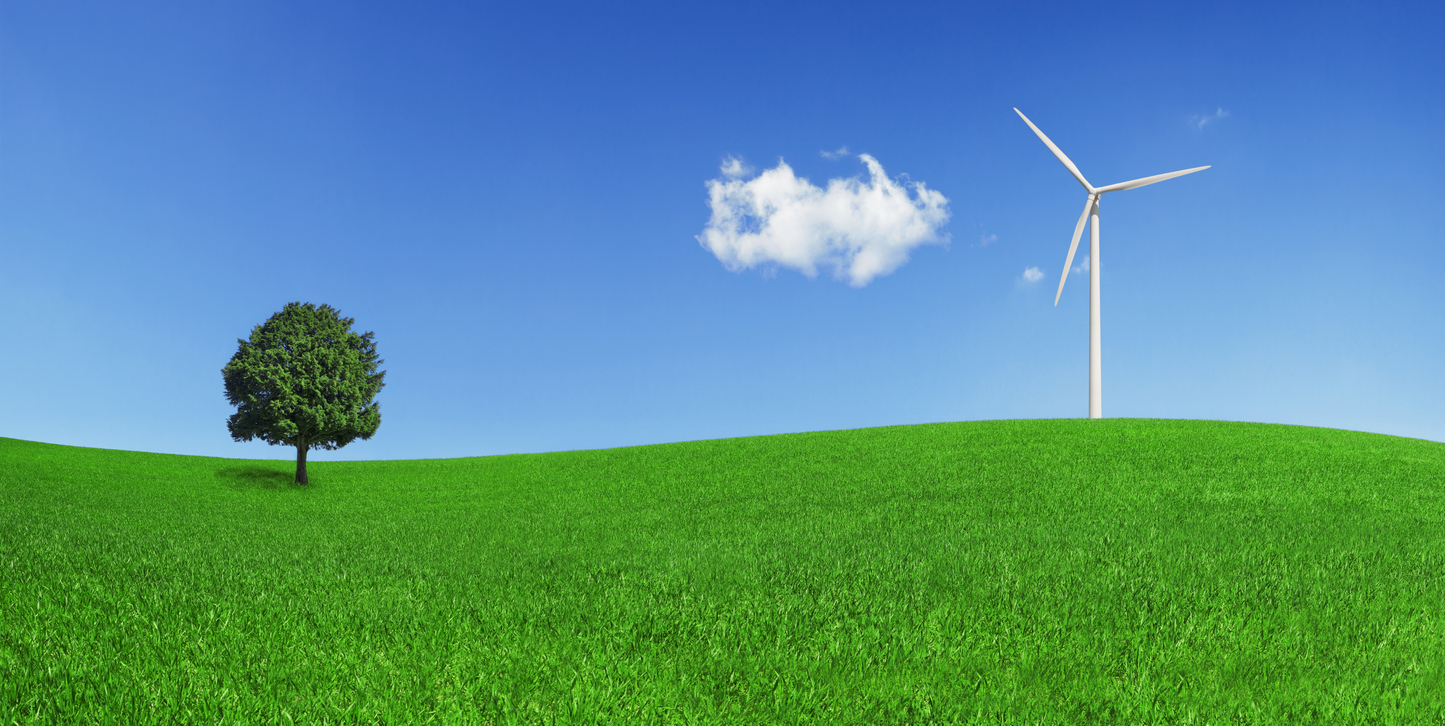2022/07/28
Looking for the Sustainable Richness, A New Model of a Local Circular Economy Starts in a Plateau of Yatsugatake Mountains

(The original article in Japanese was posted on July 8, 2022)
On July 5, a workshop titled "Kokorade Project" was held in Chino, Nagano Pref. under the theme of "Climate Change, Food and Community.“ The event was hosted by Carbon Neutral Business Research Institute (Director: Aiko Ito) established by Yano Research Institute. Kokolade indicates "Work toward an eco-friendly lifestyle with the best use of (= de) resources available around here (= kokora).” It is an experimental project aiming to realize a sustainable society. The workshop, far from being crowded with visitors, though, attracted nine participants, including a professor at a university in Nagano, a former CSR manager of a well-known company, a leader of a group working on local energy production for local consumption, and a young mother who is searching for "a better future for children.” Indeed, they all earnestly think about contemporary issues associated with the local economy, environment, and food.
For the workshop, "Yazipen Kitchen," a food deliverer in Hara, an adjoining resort village, prepared a special lunch box meal. Participants fully enjoyed themselves exchanging candid opinions on various topics such as presentation of locally grown food materials, cooking recipes to minimize environmental burden and food loss problems. The Kokorade Project will continuously develop locally based activities in a plateau of the Yatsugatake Mountains, involving experts on local economy and ecology, agricultural producers, providers of relevant businesses, and citizens as well. Although this is literally a small step, it implies the essence of a local circular economy model as to how far it can facilitate the function of social activities as a small unit. I look forward to the challenge to create a new social infrastructure based on a network of small units and a synergistic effect of local values.
Concurrently, one day before the above workshop was held, Minami-Alps City in neighboring Yamanashi Pref. made an announcement that Costco Wholesale Japan, Ltd. will open a new store on an exclusive site near the Minami-Alps Interchange on the Trans-Chubu Expressway. The store is scheduled to open in 2024 with a shopping area of 15,000 m2 and a parking lot for 850 cars. The new store, Costco Minami-Alps Warehouse (a provisional name) is expected to have an extensive strategic trading area covering Nagano and Shizuoka Prefectures besides Yamanashi. Costco Wholesale Corporation, operating a chain of membership-only big-box retail stores of more than 800 worldwide is a symbolic business of globalization and efficiency-oriented store operation, whereas the local communities show a keen interest in the prospects for job creation and large number of potential customers coming from far and wide. Undoubtedly, Yatsugatake highland areas are within the business target.
As far as business scale is concerned, small economic units based on local production for local consumption are considered something incomparable to the global conglomerate. However, competitive requirements include multiple factors besides scale and efficiency. While the social sustainability has drawn serious attention, the risk for oligopoly, higher concentration, and uniformity increase. “Why Papalagi are so foolish as to destroy and produce more things, now that we have so many outstanding things already, given us by the Great Spirit himself?”, “ If a person needs a lot of things, it is a sign of great poverty” "Papalagi" is white people, and the “outstanding things already given us by the Great Spirit” means the global environment. These are passages of a book written in 1920 by German artist Erich Scheuermann under the name of "a Samoan chief who saw European civilization for the first time" (Japanese edition of “Papalagi" was translated by Teruo Okazaki and published by Rippu Shobo.)
One full century has passed since the first edition of the original book was published, and now is the time for us to think our future over again.
This Week’s Focus, July 8
Takashi Mizukoshi, the President